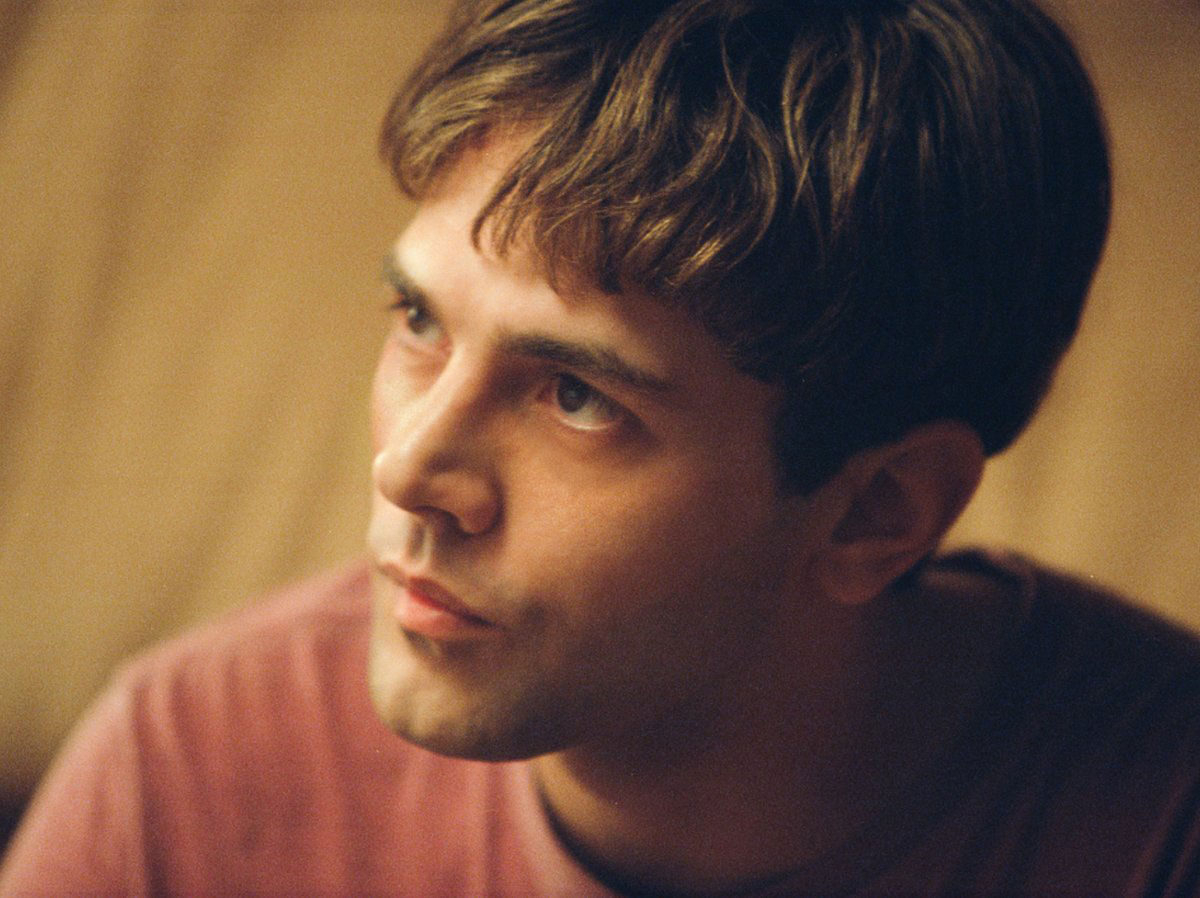
Obscure, Parallel, Profound, Visionary – these are the labels often attributed to films that premiere in various film festivals all over the world. Even if such extreme labeling seems rather offensive, it has to be acknowledged that film festival lineups almost never care to include mainstream fare in their schedule, in favor of a more visceral and profound visual experience. The goal is not to maximize profit from the film business, but to worship the motion picture in our sanctum sanctorum. At least it was the vision in the early days of film festivals.
In 1932, Giuseppe Volpi, a wealthy Italian businessman started the Venice Film Festival, the world’s oldest film festival, as a response to the widespread popularity of American films in Italy. Although it was started to promote nationalist cinema, it also included films from all over the world, including American films in their lineup. This is the time when the Hays Code was in full effect in the United States, and audacious experimental filmmaking efforts were rejected to maintain sanity in the theatres.
Those rejected masterpieces found solace outside their nation in the new crazed film festivals and film societies. This is also true for all the major filmmaking countries at that time, including France, Germany, Britain, Spain, etc. They all battled with censorship in their own countries with the help of the new film festival phenomena that was growing at an increasing speed, which was outside of the reach of the home censor board.
Time has changed since then. Now film festivals are not a new strange hype; they are very much a globally celebrated cultural event. The prominence has shifted in the meantime to different festivals, but the crowns of giant festivals remain Cannes, Berlin, and Venice. Each of these festivals offer luscious prize money and trophies to noteworthy films of their choice, which guarantee global attention toward the films.
While Berlin has been the highlight of controversy in recent years due to their occasional strange selection, and while Venice’s glory has faded a little with time, Cannes remains a steady frontrunner in terms of crowing sagacious visions of cinema.
Auteurs, newcomers, film buffs all wait for the month of May to commemorate the Cannes Film Festival, to showcase their films to the world or to witness the magic of the event. With this year’s festival to start in less than seven days, it is time to get ready with the notebook to schedule the individual unmissable preferences. Here is a guide to booking your seat for the most anticipated films of Cannes 2019.
15. Ang Hupa (Lav Diaz) – Section: Directors’ Fortnight
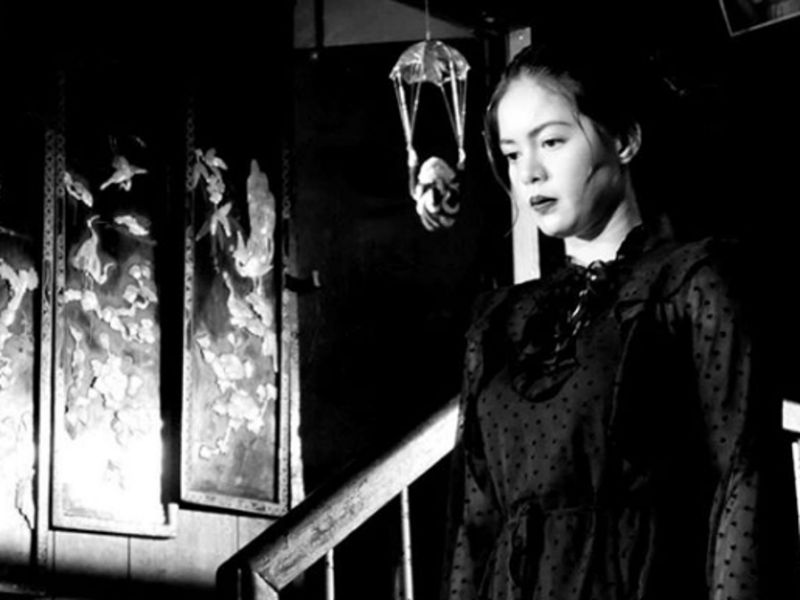
The film aesthetic of Lav Diaz is decidedly art house, so it is not for everyone. His films give some people catharsis and boredom to the rest. The slow cinema master only once premiered his film “Norte, the End of History” to the Cannes audience.
After last year’s fantastic “Season of the Devil” that competed for Golden Bear in the Berlin Film Festival, he will be screening his film only for the second time in Cannes. The anticipation is naturally high.
14. The Best Years of a Life (Claude Lelouch) – Section: Out of competition
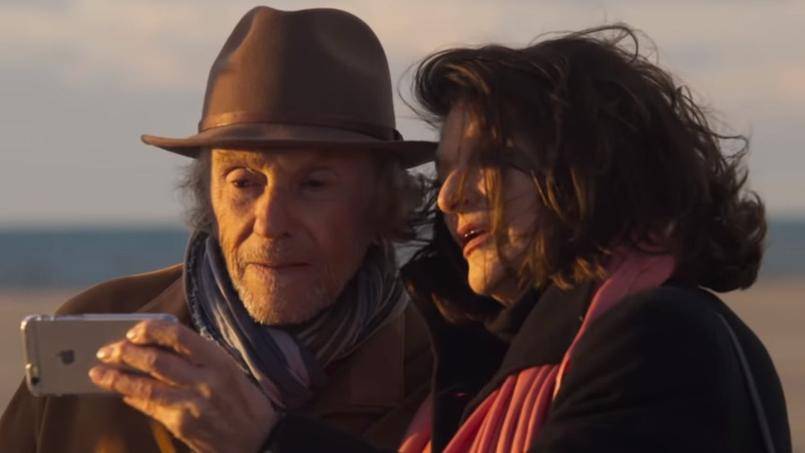
Look at the commercials made before and after 1966, and you will realize the effect of Lelouch’s “A Man and a Woman” in pop culture. Claude Lelouch’s 1966 film “A Man and a Woman” was during the French New Wave and it significantly carries the signature style of that particular time; but not the earlier or later French New Wave films.
Rather, this film became a master lesson for the ad filmmakers to structuring their commercials. The story centers around two widowers who lost their partners in accidents and met by chance at their children’s boarding school; the rest of the cinematic tension is about their fate.
Claude Lelouch was short of money at the time of production, so he abruptly switched between color and black and white, but this became a great signature of the film. The visual aesthetics of the times they spend with each other around dining halls and beaches accompanying their children is the model of the American Dream the advertising executives that was later manufactured in the mass conscience.
It won the Palme d’Or in the Cannes Film Festival and also the Best Foreign Language Film Oscar. “The Best Years of a Life” is the sequel to “A Man and a Woman” and probable swan song of Claude Lelouch. Now talk about excitement!
13. Matthias and Maxime (Xavier Dolan) – Section: In competition
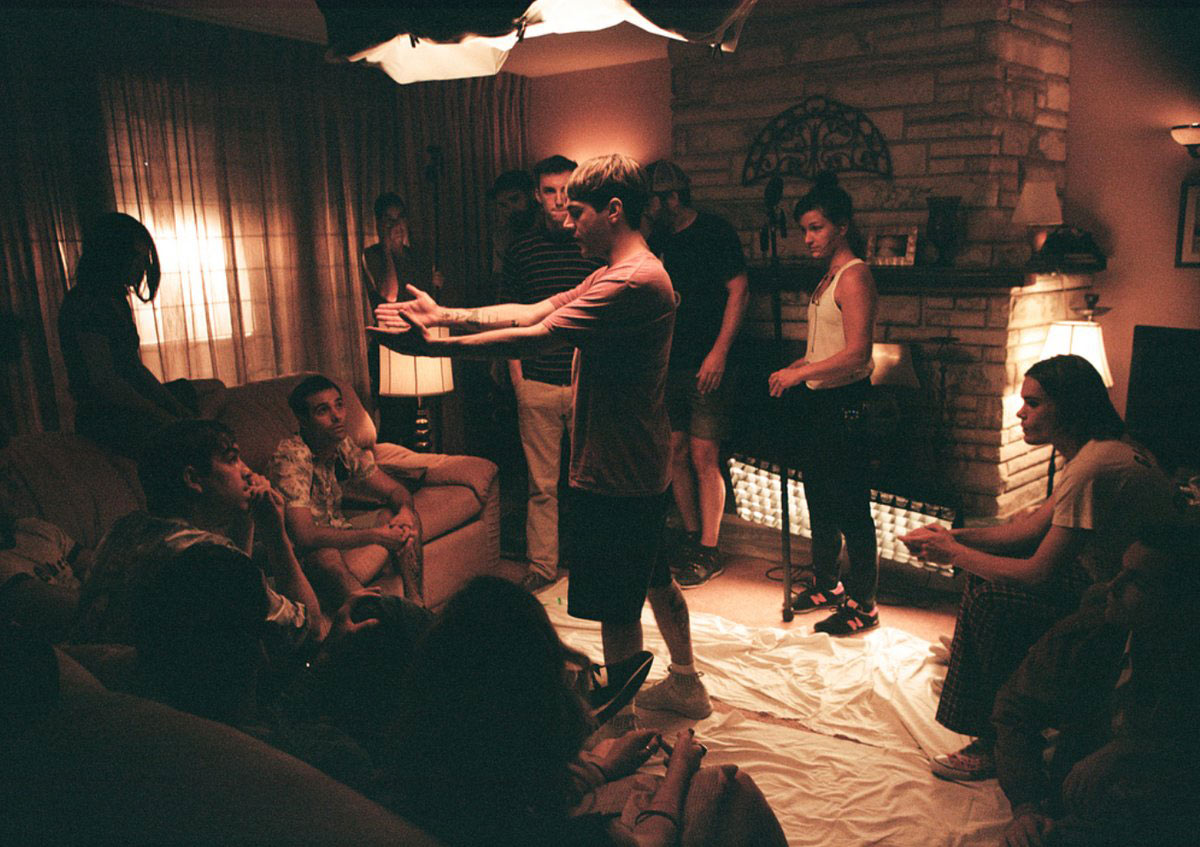
Xavier Dolan was always adored by the Cannes Jury and audiences since his debut film “I Killed My Mother” premiered there. It was shown in the Director’s Fortnight section and received a standing ovation from the audiences. All of his later films have been selected and shown in the Cannes Film Festival with the exception of “Tom at the Farm” and last year’s “The Death and Life of John F. Donovan.”
In his short but illustrious filmography, he even shared the Jury prize with legendary filmmaker Jean-Luc Godard in 2014. “The Death and Life of John F. Donovan” was a bad film, there is no better way to describe it, and he is once again back on home ground with “Matthias and Maxime.” If his Cannes record is any indication, by all chances, it is going to be a comeback for Dolan.
12. Family Romance, LLC (Werner Herzog) – Section: Special screenings
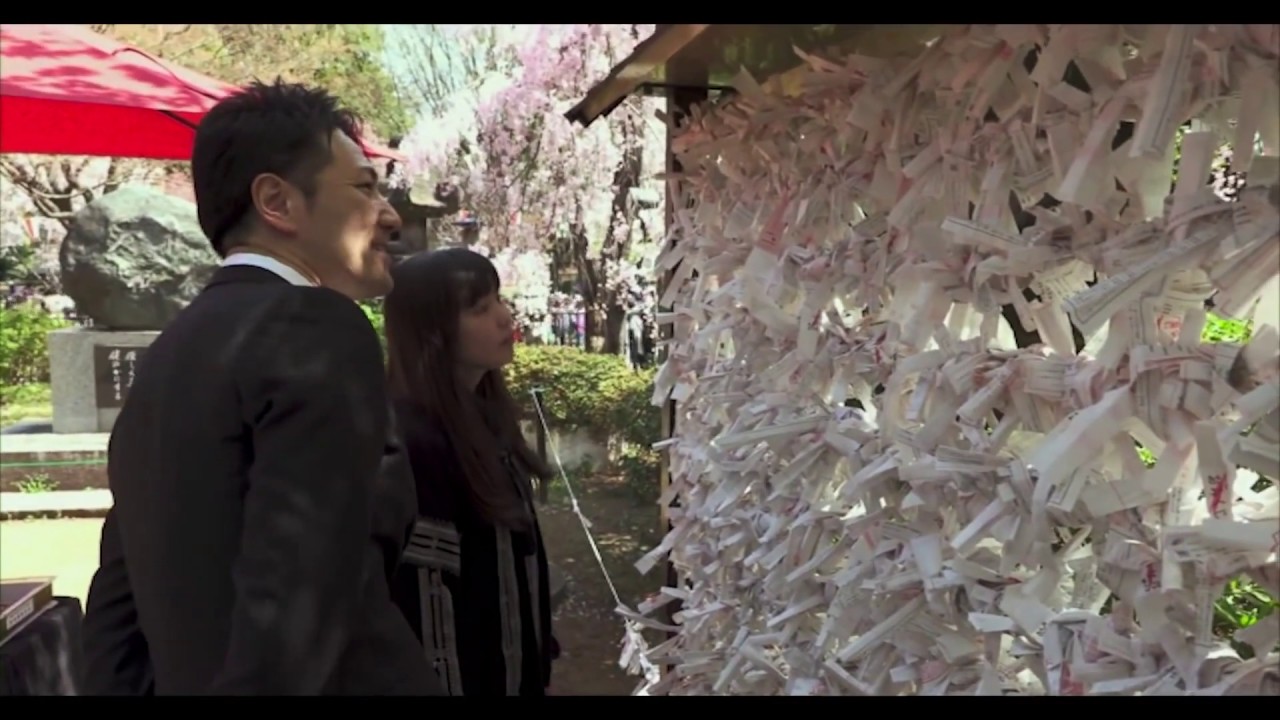
One of the bravest filmmakers of all time, Werner Herzog has also made a name for himself by inspiring upcoming filmmakers by his uplifting speech. This he can easily do based on his years of experience documenting the life of lively objects, for which he has often gone to inhuman lengths.
Every film fan knows the sacrifice and struggle of the celluloid “Grizzly Man,” and in making “Fitzcarraldo” and “Aguirre, the Wrath of God.” “Fitzcarraldo” even won him the Best Director award in Cannes.
This time he has again done unimaginable things in shooting his latest film “Family Romance, LLC.” He communicated with the cast of his films who didn’t know anything other than Japanese and Herzog didn’t speak the language. Still, he made it and the result will be showcased in the special screening arranged by the Cannes authority.
11. Sorry We Missed You (Ken Loach) – Section: In competition
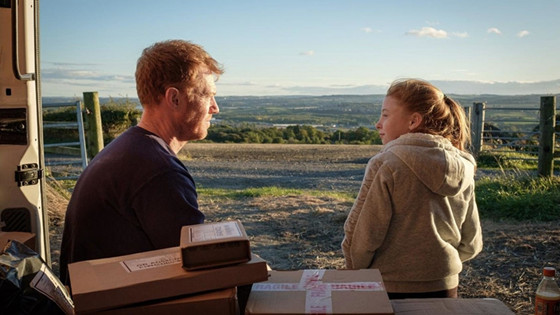
One of the best British filmmakers of all time, Ken Loach will be back in this year’s Cannes with his next film after the Palme d’Or winning “I, Daniel Blake”. The film “Sorry We Missed You” will comment on the 2008 financial crisis and the effect it had on American citizens.
It is familiar ground for Loach who has built his career in the mediation of everyday life. He has a good record in Cannes and won the Palme d’Or twice, which is a rare feat. It is a film in Cannes 2019 that can’t be missed.
10. Pain and Glory (Pedro Almodovar) – Section: In competition
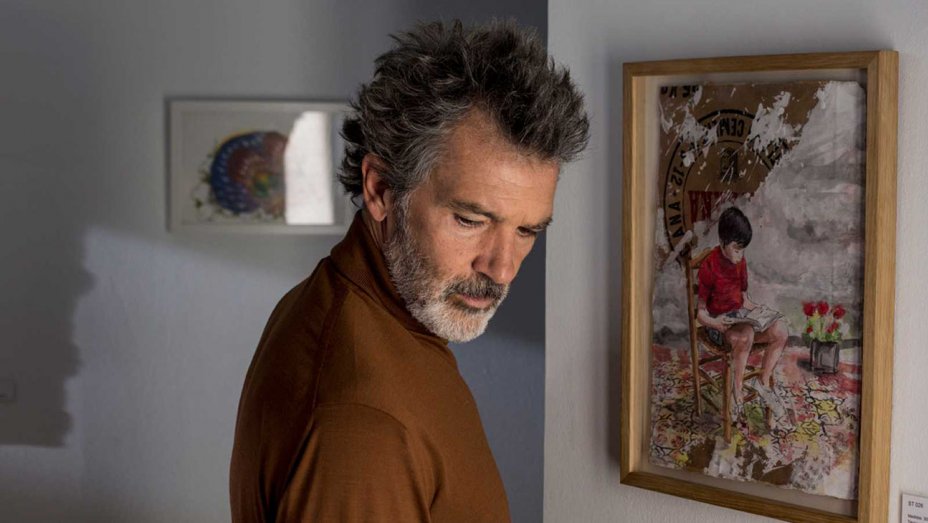
Pedro Almodovar has aged gracefully and decided to make an unofficial biographical film with his regular cast and crew: there is no better news! “Pain and Glory” has already been released in Spain and received warm reviews, but for the foreign audiences who still didn’t get a release in their country, it is now the time to savor.
Almodovar has already been nominated five times for the Palme d’Or in his career, but has not won any. Will he win the ultimate prize this time? The question remains unanswered, but not the anticipation.
9. Mektoub, My Love: Intermezzo (Abdellatif Kechiche) – Section: In competition
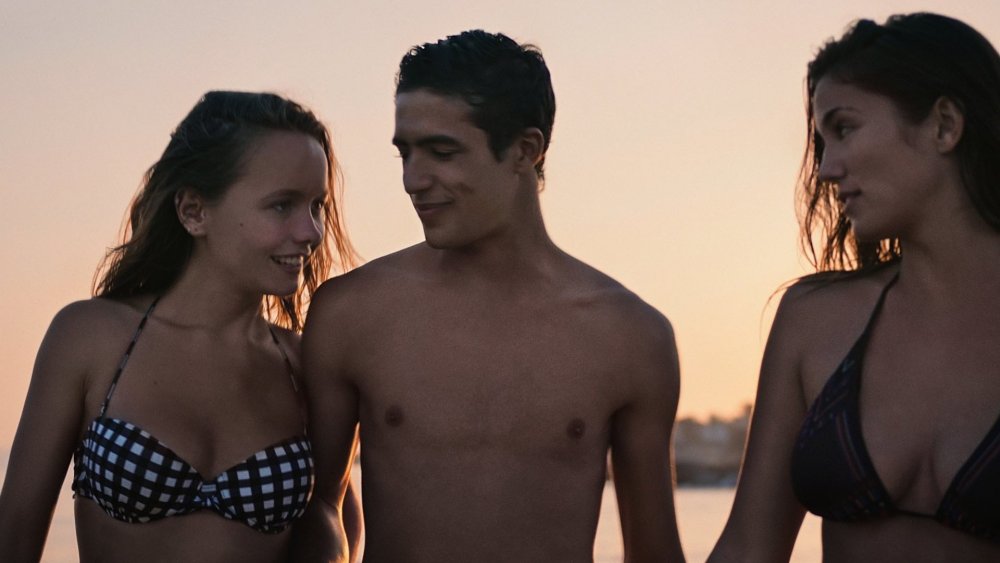
Something wonderful happened back in 2013 in the Cannes Film Festival. For the first time ever, the Palme d’Or was handed over to the lead actresses along with the director. The Cannes jury realized that without the uncompromising and dedicated acting of the protagonists, the visual idea of Kechiche would never have been successfully translated to the screen. Soon after the ceremony was over, Kechiche was alleged to controversy because of the inhumane lengths he pushed his actresses to realize the vision.
The film was wonderful to watch despite its long running time. It was also prone to controversy because of the lesbian sex scenes, but for the attentive audience, the film was a true masterwork in the subject of love and the attention was never in the erotic moments.
When Kechiche decided to release the follow-up picture “Mektoub, My Love” in two separate parts, the producers withdrew the funding for the post-production and as a response, the dedicated Kechiche auctioned his Palme d’Or to secure the required funding.
Although the response of “Mektoub, My Love: Canto Uno” was lukewarm, it was mostly because of the episodic nature of the film and Kechiche likes his films to take off slowly. It is time to get excited to witness the ultimate outcome, the final part of the film on the screen.
8. Lux AEterna (Gaspar Noe) – Section: Out of competition Midnight Screenings
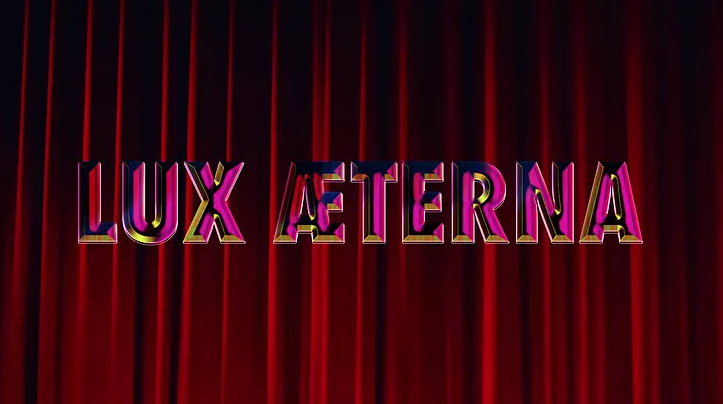
Does Gaspar Noe only intend to disgust his audience? Here is a man who knows what to expect from his audience. He wants to discomfort his audience, to irritate them with the violent yet practical truth of life. At the same time, he is an excellent filmmaker, a provocateur but not an exploiter. Noe’s association with the Cannes Film Festival is long; he has screened all of his films here except his debut feature.
His first time in Cannes, the Monica Bellucci starrer “Irreversible” gained a polarised reaction. While some audiences praised his audacious vision, most of the people walked out of the theater due to the excessive violence and nauseating score.
The follow-up “Enter the Void” was praised, but the 2015 film “Love” again enraged the Cannes audience. “Love” was an erotic drama shot in 3D where the film is mostly eschewed of traditional narrative and replaced with 3D close-ups of penetration and cum-shots. It was also his weakest film to date.
He gained traction again in 2018 with “Climax,” which won the Art Cinema Award in Cannes. Now the audience knows what to expect from him; they are prepared to experience emotional hellscapes with great sound design and camera work in the Midnight screenings. Here, Noe is coming again with “Lux AEterna.”